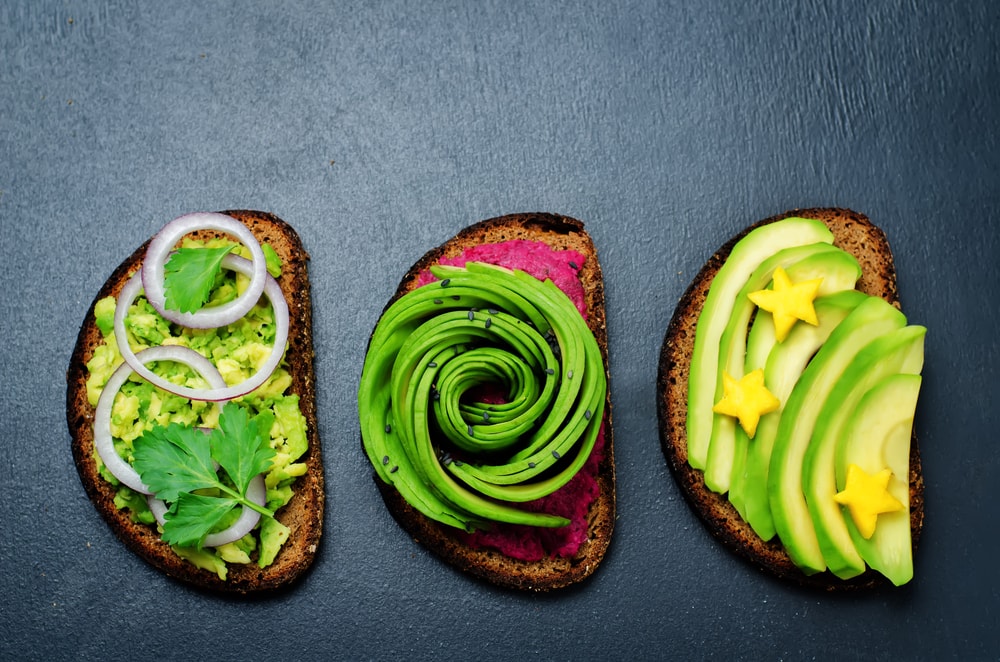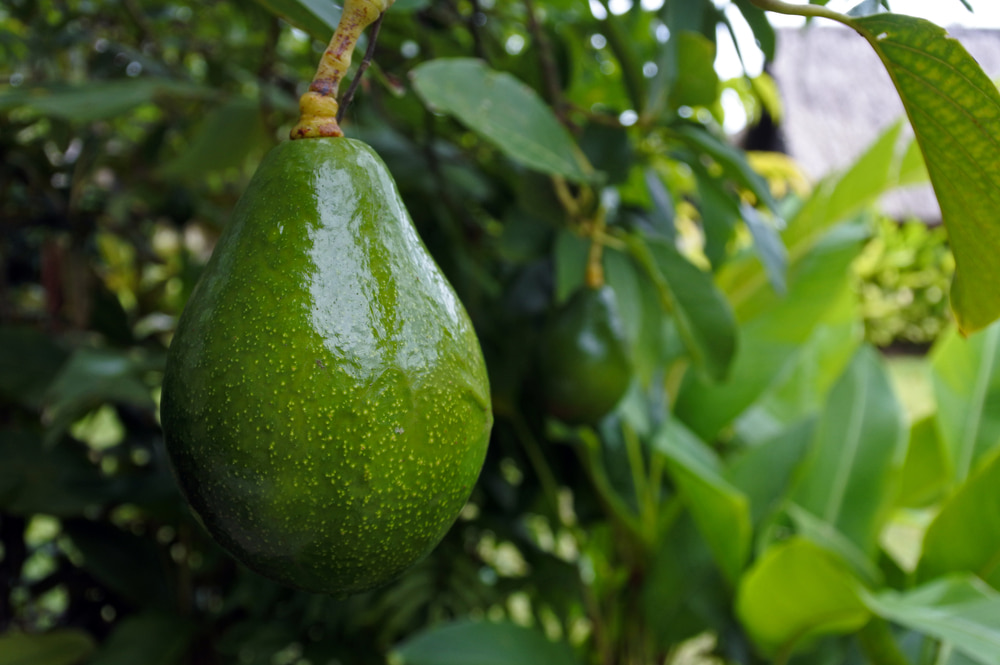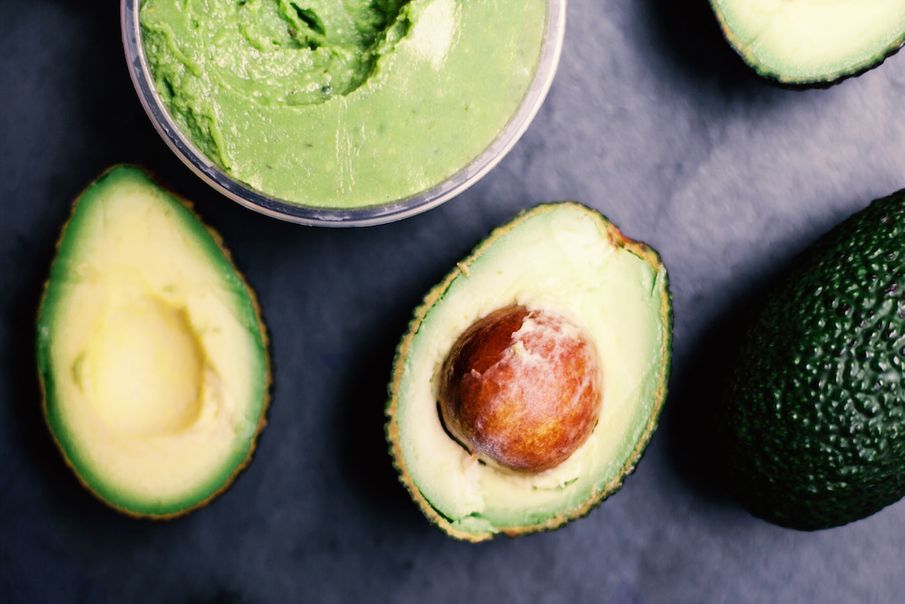Avocado fever has swept the nation, but after you dig a little deeper into this amazingly popular fruit, will you still be lathering it on your toast, or leaving it on the shelf?
Whether a component in a healthy smoothie, a topping for your morning toast, or purely because you love the guac, avocado-eating is at an all-time high. In 2016, UK shoppers spent almost £50 million more on avocados than previous years, making it the single-fastest growing food or drink item, and the UK’s eighth best-selling fruit.
So, what’s attributed to the avocado craze sweeping the nation? Nigella Lawson was the instigator of the avoca-toast phenomenon, but the general desire of the country to eat healthier, and the influx of foodie bloggers posting delicious recipes and Instagram pics are likely to have had something to do with it as well.

Additionally, avocados are a great source of vitamin E, which helps to maintain healthy skin, eyes, and boosts the body’s immune system. Just half of one of the green fruits counts as one portion of your recommended five-a-day for fruit and veg, and a small study published in Nutrition Journal has found that avocados can help prevent hunger pangs thanks to their higher levels of healthy fats.
Aside from the calories, there are a few more problems with numbers. The huge popularity of avocados has led to mass deforestation to make way for more avocado trees in Mexico, with between 30% and 40% of the country’s annual forest loss being due to converting the land to avocado trees – equating to about 20,000 acres every year. Additionally, the trees need a huge amount of water to grow – as much as 272 litres for just two or three avocados, making them an environmental nightmare, and unlikely to be a sustainable crop for small farmers.
With avocado exports earning Mexico an estimated £1.2 billion in 2016, the mass demand has caught the attention of the drug cartel in the country as well, who are forcing farmers to hand over percentages of their profits, and killing those who won’t. The term “blood guacamole” was born from this, and has led to an illegal militia forming in Tancítaro, the avocado-growing capital of the world, acting as a public security force to defend against the cartel.



Comments